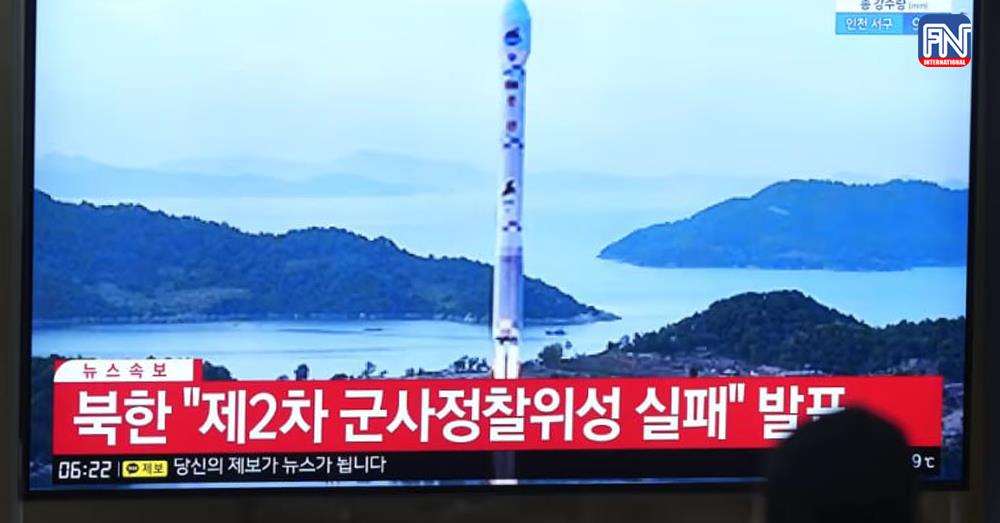SEOUL, Aug 24 (Reuters) - North Korea's second attempt to place a spy satellite in orbit failed on Thursday (Aug 23) after the rocket booster experienced a problem during its third stage, state media reported, as space authorities vowed to try again in October.
Its first try in May also ended in failure when the new Chollima-1 rocket crashed into the sea.
The pre-dawn launch came in the first hours of an eight-day window that North Korea had given for the attempt.
The nuclear-armed country has been seeking to place what would be its first military spy satellite into orbit, saying it eventually plans a fleet of satellites to monitor moves by US and South Korean troops.
"The flights of the first and second stages of the rocket were normal, but the launch failed due to an error in the emergency blasting system during the third-stage flight," state news agency KCNA said of Thursday's launch.
South Korea's military said it tracked the flight from its launch at the North's Sohae Satellite Launching Ground and also concluded that it was a failure.
The launch prompted an emergency warning in Japan just before 4am local time over the J-alert broadcasting system, telling residents of the southernmost prefecture of Okinawa to take cover indoors.
About 20 minutes following the alert, the Japanese government followed up with a notice that the missile had passed through towards the Pacific Ocean and lifted the emergency warning.
In a televised press conference, Japanese Chief Cabinet Secretary Hirokazu Matsuno said the repeated missile launches were a threat to regional security.
"We will strongly protest against North Korea and condemn it in the strongest possible terms," he said.
Matsuno said parts of the rocket fell into the Yellow Sea, the East China Sea, and the Pacific Ocean.
South Korea's military condemned the launch as a provocation and violation of UN Security Council resolutions banning the North's use of ballistic missile technology.
A US official, speaking on condition of anonymity, confirmed the US military was aware of the North Korean launch but declined to offer details.
